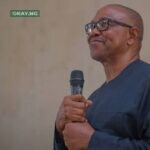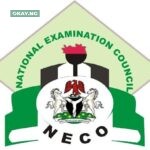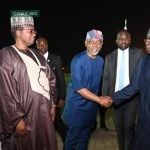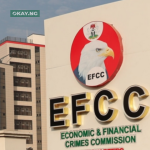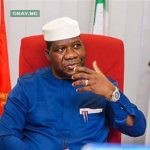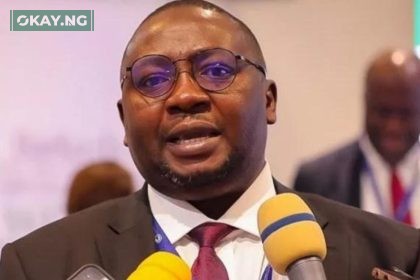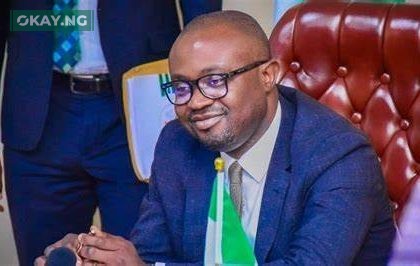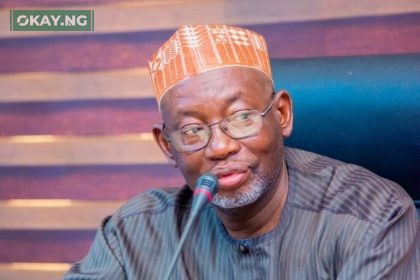Nigeria’s Minister of Finance and Coordinating Minister of the Economy, Wale Edun, announced on Tuesday that the Federal Government is turning its attention to domestic resource mobilization through the introduction of new tax reforms.
He made this statement during the ongoing World Bank Group/International Monetary Fund (IMF) annual meetings in Marrakech, Morocco.
Speaking after a G-24 meeting involving Nigeria, Edun emphasized that the World Bank Group and IMF should be reformed to provide greater support to developing economies.
He revealed that the current administration intends to enhance the efficient collection of taxes, fees, and payments due to the government.
Edun stressed that global interest rates have been increasing, necessitating a focus on resource mobilization at the local level.
“The conversation centered around the need to reform the global financial architecture for the 21st century,” the minister stated.
“The World Bank Group and IMF, as they are now, do not meet the expectations and requirements of developing countries like Nigeria. There isn’t enough concessional financing; interest rates are rising, even within multilateral institutions, leading to a high level of debt issues around the world.
“There is also a financing gap; there isn’t enough funding to meet the developmental needs of poorer countries, and this is what the conversation is all about: the need for reforms, change, and improvements.”
The meeting also addressed the concept of a “bigger, better, and bolder World Bank Group,” which might mobilize private sector funding, according to Edun.
The government plans to unveil a significant tax policy reform soon, with a focus on domestic resource mobilization.
“Once again, Nigeria’s President Bola Tinubu’s administration emphasized the need for domestic resource mobilization,” Edun added.
“We must be efficient in collecting taxes, fees, and payments that are due, efficient and cost-effective in our expenditure, and we must create a broader base for financing from our resources. We must rely on ourselves and pull ourselves up rather than relying on others.”
In response to inclusiveness in decision-making, Edun noted that Africans are calling for “a bigger voice” and a third seat in the governance of the World Bank and IMF, particularly for Sub-Saharan Africa, and ultimately for Nigeria.


